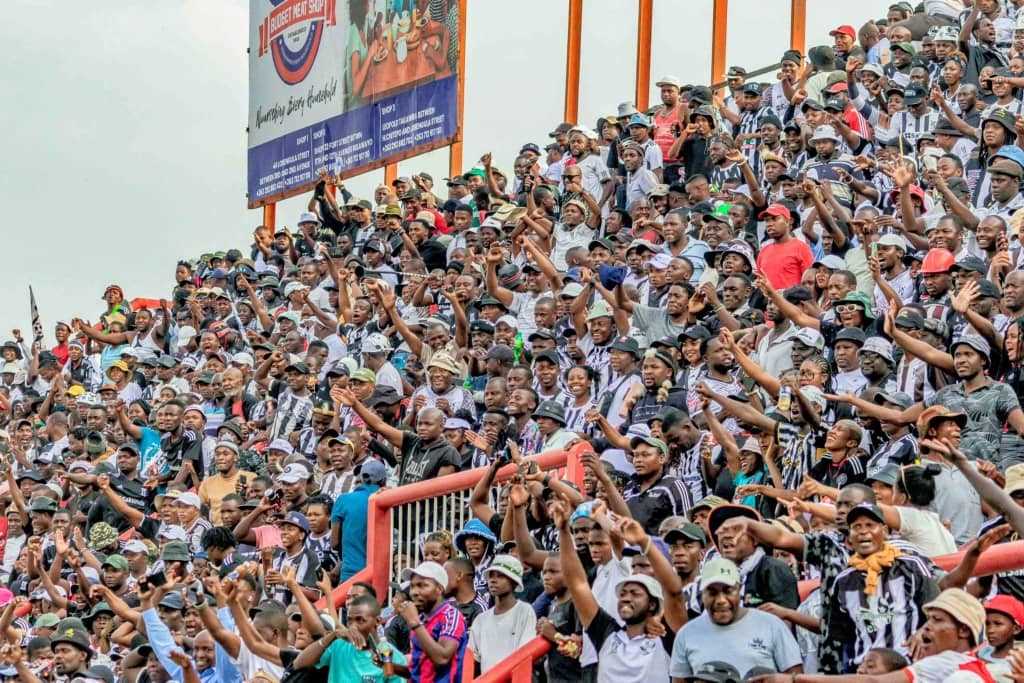
The domestic Premier Soccer League is on the verge of a major transformation, with the Zimbabwe Football Association announcing a broad stakeholder consultation process aimed at modernising national football structures. Central to the proposed reforms is the possible expansion of the top-flight league from 18 to 20 teams and a shift in the local football season to align with the international calendar.
ZIFA General Secretary Yvonne Manwa confirmed that the organisation has begun engaging key stakeholders including the Sports and Recreation Commission (SRC) to discuss how best to strengthen the competitiveness, inclusivity, and professionalism of the game across all levels. She said the proposals, if approved, could come into effect as early as the 2026 season.
“We are opening a conversation about the future of our game,” Manwa said. “The time has come to look at our structures and ask how best we can position Zimbabwean football to meet global standards and serve our national aspirations.”
Among the central reforms being considered is the expansion of the PSL to 20 teams, a move designed to broaden national representation and give more regions a presence in top-flight football. Manwa said this would stimulate local football economies and deepen community connections. However, she emphasised that any expansion would be implemented in line with FIFA and CAF Club Licensing regulations to ensure that new entrants meet the required standards in governance, stadium facilities, and player welfare.
She noted that ZIFA’s renewed focus on club licensing is meant to prevent the kind of challenges that previously affected the league, such as when Kwekwe United struggled to fulfil fixtures and pay players midway through the season.
Another major proposal under review is the alignment of Zimbabwe’s football calendar with the international August–May season. Manwa said this change would synchronise local competitions with FIFA’s global schedule, CAF tournaments, and international transfer windows, improving player welfare and overall planning. However, she acknowledged that the idea must be weighed against Zimbabwe’s weather patterns and infrastructure limitations, particularly since most local stadiums lack proper drainage systems ,a problem that undermined a similar calendar change attempted in 1998.
Related Stories
“We are studying the benefits of synchronising with global football rhythms,” Manwa explained. “It would help our clubs plan better for continental competitions and make it easier for players to move internationally. But this must be carefully considered in light of our local conditions.”
As part of its broader structural review, ZIFA is also exploring the creation of a National First Division League, which would serve as an intermediate tier between the PSL and the four regional Division One leagues. This new second-tier competition would be designed to strengthen player development pathways, standardise competition management, and ensure fairer promotion and relegation systems.
“The pyramid of football development must rest on strong foundations,” Manwa said. “A National First Division would help us achieve consistency in governance, competition standards, and financial management across the country.”
ZIFA is also reviewing its statutes in consultation with FIFA and the SRC to ensure that any new structures are legally and administratively sound. Manwa stressed that the reform process will be consultative, inclusive, and transparent, inviting contributions from clubs, players, referees, administrators, and fans.
“Our approach is consultative, not prescriptive,” she said. “We are inviting ideas, questions, and perspectives from all corners of the football community. This is about shaping the future together.”
Although the proposals are still in the discussion stage, they signal a significant moment for Zimbabwean football , one that prioritises sustainability, unity, and long-term growth.
“These are not just technical adjustments,” Manwa concluded. “They represent a mindset shift from managing football season to season to building a system that endures. Our ambition is to craft a football identity that is proudly Zimbabwean and globally respected.”
The reform discussions follow a FIFA club professionalisation and management programme held in Harare in October, where local administrators were urged to take the lead in modernising the domestic game.










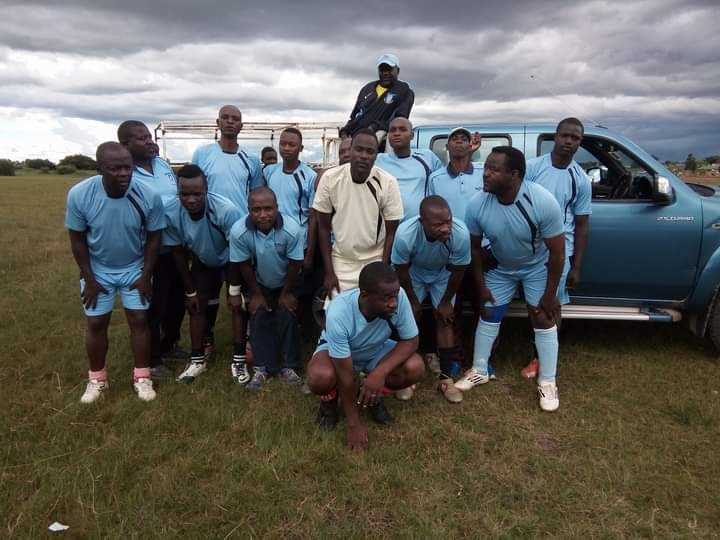
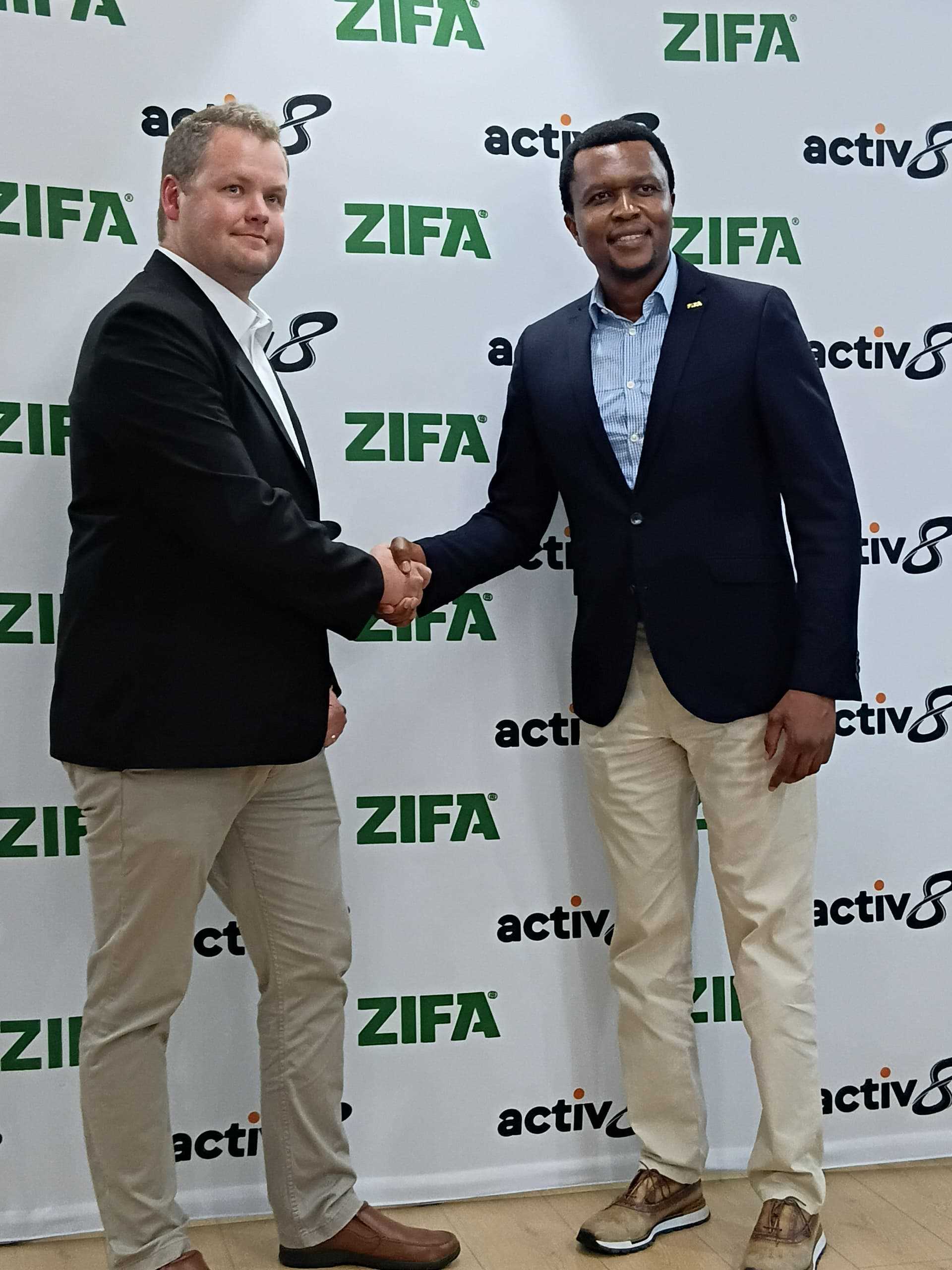
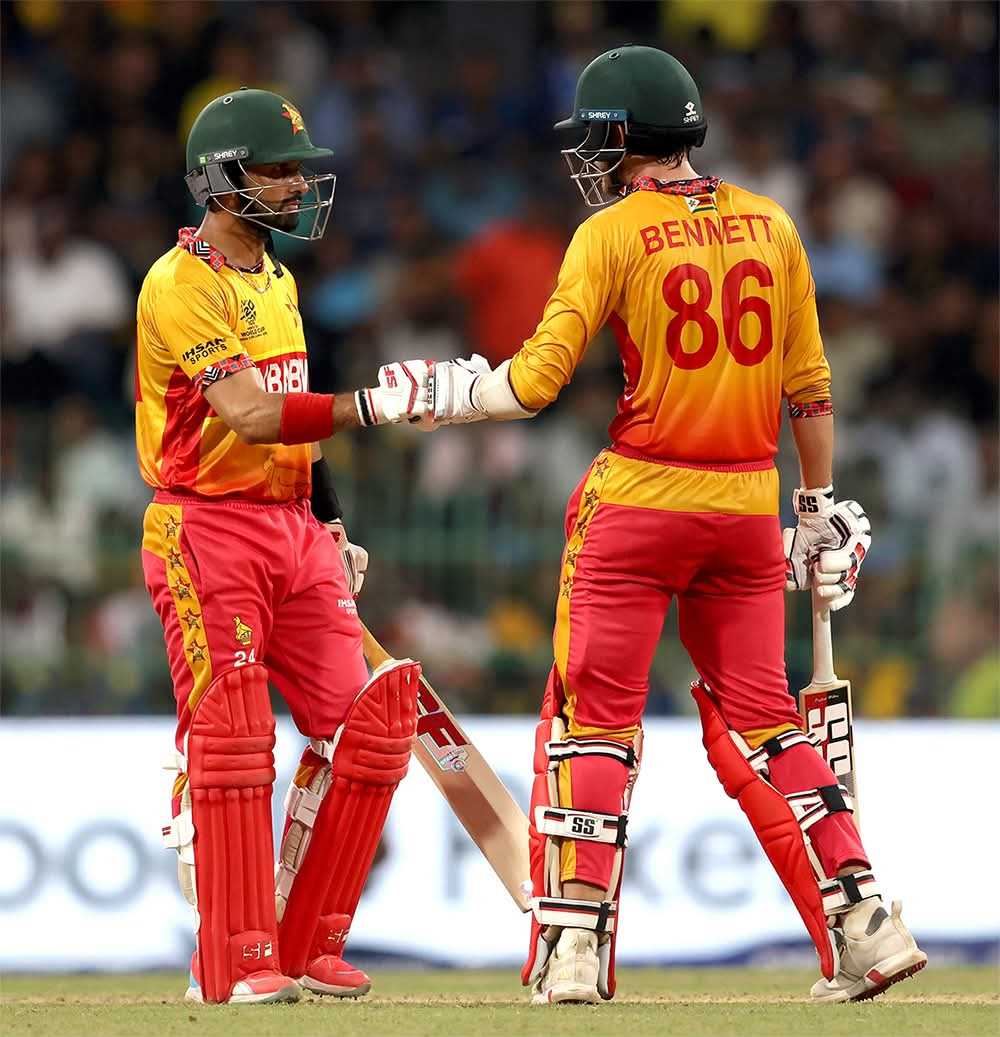


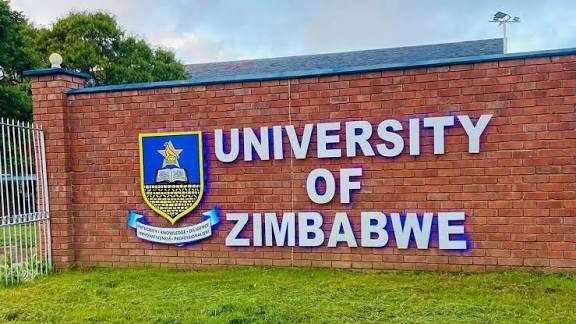




Leave Comments